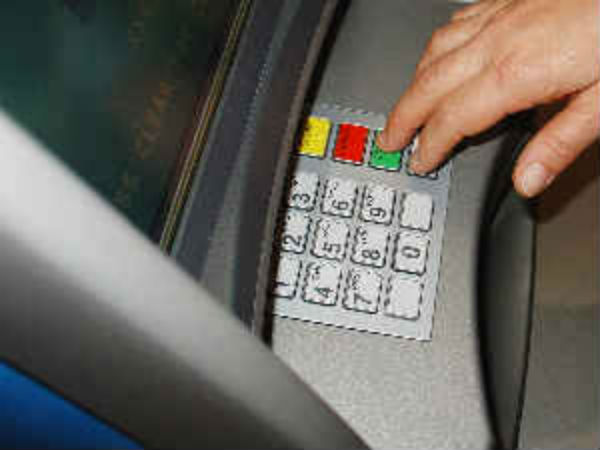4 New Cash Withdrawal Rules You Should Know Of
Recently, the Reserve Bank of India (RBI) has made some revisions on cash withdrawal rules after receiving multiple complaints from customers. These changes were proposed to bring uniformity in the payments system and to improve consumer confidence.

Here are four such changes on cash withdrawals that you should be aware of as a bank customer:
1. Failed transactions due to technical reasons, non-availability of currency in ATMs, etc will not be included in free transactions.
Customers of most banks have a limited number of free transactions at either ATMs owned by them or at ATMs of other operators.
RBI in its circular dated 14 August 2019 said, "It is hereby clarified that transactions which fail on account of technical reasons like hardware, software, communication issues; non-availability of currency notes in the ATM; and other declines ascribable directly / wholly to the bank / service provider; invalid PIN / validations; etc., shall not be counted as valid ATM transactions for the customer. Consequently, no charges therefor shall be levied."
2. Non-cash withdrawal transactions will not be part of free transactions.
"Non-cash withdrawal transactions (such as balance enquiry, cheque book request, payment of taxes, funds transfer, etc.), which constitute 'on-us' transactions (i.e., when a card is used at an ATM of the bank which has issued the card) shall also not be part of the number of free ATM transactions," RBI said.
3. Cash withdrawal at PoS devices enabled for all debit cards/open-loop prepaid cards issued by banks.
Banks can extend the facility of withdrawal of cash at any merchant establishment designated by them after a due diligence process.
These type of cash withdrawals are limited to Rs 1,000 per day in Tier I and II centres and Rs 2,000 per day in Tier III to VI centres. As for customer charges on these withdrawals, if any, these are to be limited to not more than 1 percent of the transaction amount.
4. Rectification / Compensation on failed transactions
On unsuccessful or failed transactions using authorised payment systems on account of various factors not directly attributable to the customer, such as disruption of communication links, non-availability of cash in ATMs, time-out of sessions, non-credit to beneficiary's account due to various causes, etc, RBI has imposed a uniformity in rectifying or compensating for such errors.
- If a customer's account is debited but cash is not dispensed at the ATM or PoS, banks are required to pay a compensation of Rs 100 per day of delay if they fail to pro-actively reverse the transaction within a maximum of T + 5 days.
- T is the day of the transaction and refers to the calendar date.
- Wherever the bank is required to make the financial compensation, it has to make it to the customer's bank account without waiting for a complaint or claim from the customer.
- Customers who do not get the benefit of redress of the failure can register a complaint to the Banking Ombudsman of Reserve Bank of India.
- In the case of card-to-card transactions, that is where the card account is debited but the beneficiary card account not credited, the transaction will have to be reversed within T + 1 day. Compensation to be paid by the bank on delay is Rs 100 per day.
































